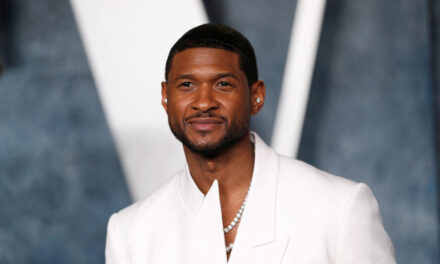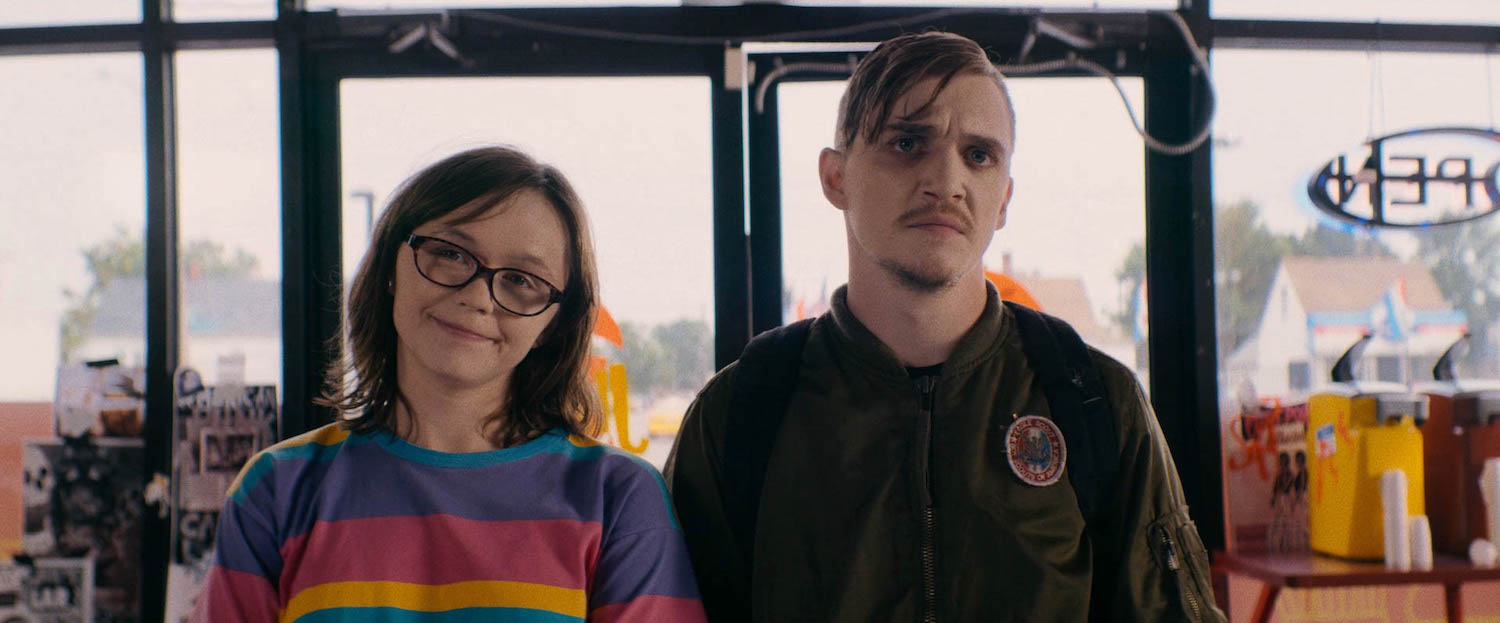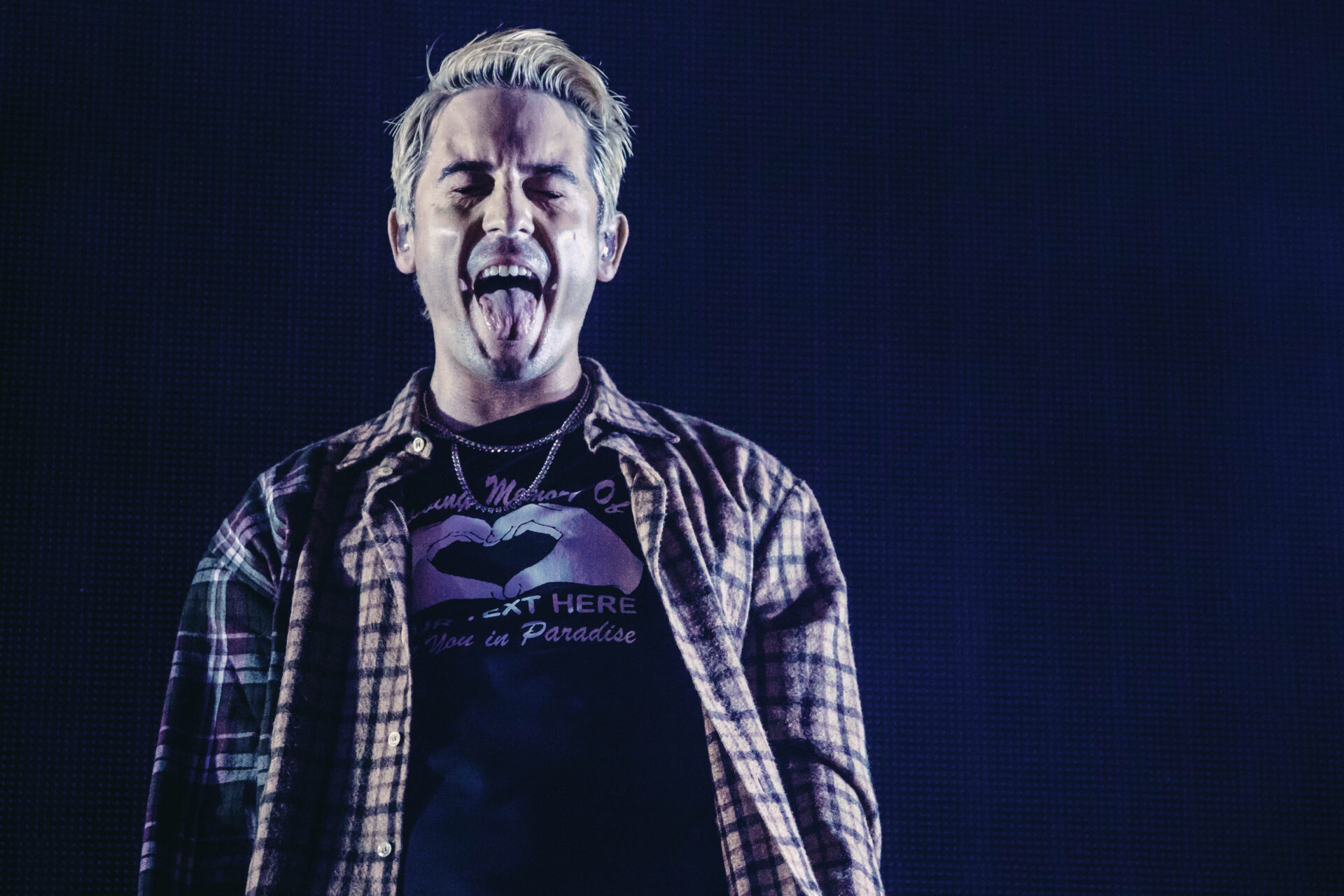Is being near the proximity to power too hard to resist? Can the themes of prophecy and revenge overpower even the purest of minds? If Denis Villeneuve’s 2021 Dune is viewed more as an appetizer to Frank Herbert’s massive world of spiritual, physical, and theological warfare, then Dune: Part Two sinks its teeth deeper into what all that means. When we last left this story, Paul Atreides (Timothée Chalamet) and his mother, Lady Jessica (Rebecca Ferguson), had joined the Fremen on the desert planet Arrakis after the assassination of Duke Leto (Oscar Issac) by The Harkonnen. Villeneuve, together with Hans Zimmer’s score and the camera work of Greig Fraser, meets that end with a sort of dream-like romanticism. The course for Paul to become the Muad’Dib is in place; he’s found Chani (Zendaya), who is due to become someone he falls in love with, and ultimately, the Fremen will be led to triumph over the indiscriminate cruelty of The House Harkonnen. Everything seems like it’s lining up precisely in place, and that’s exactly the complex problem this second film strives to tackle.
To view Dune: Part Two is to know that you’re going to experience a lot of different points of view heading to the same uneasy center. At the heart of the matter, Paul is doing his best to try to assimilate into the culture of the Fremen — all the while, he’s receiving visions of death and destruction if he ventures off to the southern part of Arrakis. The Fremen are justifiably suspicious of him (how would you feel if someone from another walk of life came into your culture ordained to save you?). At the same time, leader Stilgar (Javier Bardem) has unshakable faith in what Paul is supposed to become. In the middle is Chani, who believes the Freman must rely on themselves as their means of salvation.
Meanwhile, she sees Paul has a sincerity residing inside of him. This is where the mode of storytelling Villeneuve is critical, and it works on both the small and large scales of the ramifications of choice. There is this war inside Paul, but the forces outside him almost dictate his steps in the future. This is where Dune: Part Two utilizes its impressive cast to ensure the story’s layers shine through. Fergusion’s portrayal of Lady Jessica becomes more pronounced during the character’s pregnancy and ascension to being a prominent figure within the Fremen religious sect. She embodies all the ways religious conversion happens as she sets off on her own path to “spread the gospel” of what the Bene Gesserit sees for Paul. She’s dead set on seeing her son’s elevation while forging a connection with the baby still growing inside her womb. While The Harkonnen were on top in the first installment, forging war on a foreign land has proven unfruitful. Baron Vladimir Harkonnen (Stellan Skarsgård) has been considerably weakened, and his nephew Glossu Rabban Harkonnen (Dave Bautista) has been taking loss after loss. In a desperate attempt to cling to power, Baron looks to his other nephew, the warrior/sociopathic Feyd-Rautha Harkonnen (Austin Butler), to be a successor to the throne.

2023 Warner Bros. Entertainment Inc. All Rights Reserved.
In the background are Emperor Shaddam IV (Christopher Walken) and his daughter Princess Irulan (Florence Pugh). Irulan’s character almost serves as the narrator of the future to come within this story, much like in the novel. As she’s aware of what is taking place, she’s caught between the wishes of two figures. There’s her father, desperately clinging to whatever power he has, and Bene Gessert Revered Mother Gaius Helen Mohiam (Charlotte Rampling) orchestrating all sorts of things to keep the “bloodline” going. Within the two hour, 30-minute plus time frame of this film, Villeneuve splits time between the backdoor dealings to stop the coming of the Messiah and some grand battles that occur on the sands of Arrakis where the Fremen make mince meat out of the Harroken’s extensive machinery. To the credit of Villeneuve and Fraser, they join forces to make the worlds feel distinct. You can almost feel the heat radiating from the sand of Arrakis and perhaps get a foreboding sense of dread from the black-and-white gladiator competition within the land the Harkonnen inhabit. You gain a sense of elation from seeing Paul able to ride a sandworm as the coordination of him entirely discarding the life he once lived.
All of this comes with a sense of caution that I feel Dune: Part Two may have underestimated as being its centerpiece. Paul is the planet that everything orbits around, but what he personifies to different people is the most compelling thing about Dune: Part Two. In terms of what’s to come, Chalamet spends much of his energy trying to show that Paul is torn between two words. The budding love story between Paul and Chani is the factor that is supposed to drive that principle home the most. Zendaya’s acting grows stronger as the film goes on, and he gets to witness her tribe subscribe to this religious story. Bardem also does a fantastic job with Stilgar to show how intoxicating religious promise can be. But there’s a particular point where you notice that everything is inevitable, and the smell of how sweet the throne can be might be too irresistible even to the cleanest of souls. The sudden return of Paul’s mentor, Gurney Halleck (Josh Brolin), serves as a human indicator of how the past can shape the road ahead. While Dune: Part Two exits on a cliffhanger (more like a completion to the first book), much like the first, those endings feel much darker, speaking to those who are viewed as saviors and the others who get to play the followers.
In Star Wars: The Empire Strikes Back, the bad guys have all the good guys on the ropes. Here, there’s something even more insidious at play that Villeneuve scratches at. It sees a future where a strand of religious fanaticism embodied within a single person can turn a world and its culture inside out from within. It’s also the proclamation that in the long game of rule, nobody’s hands end up clean no matter what you intend to do because that’s not how power works.













